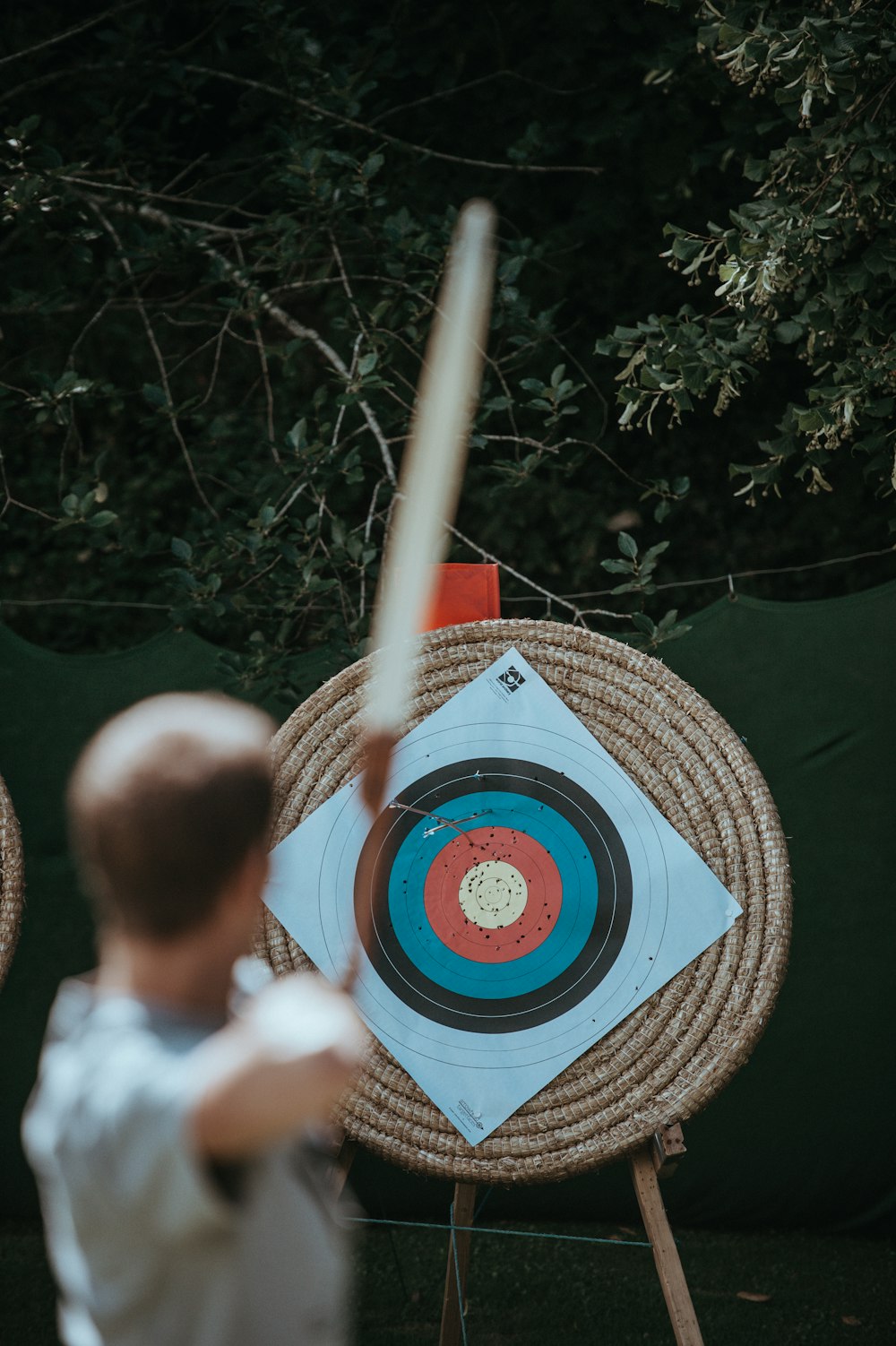The Art of Failing Well
Transforming Setbacks into Opportunities
We often fear failure and go to great lengths to avoid it, but in doing so, we only amplify its impact.
The conversation around failure becomes quickly awkward, with individuals fearing its consequences for their jobs, finances, reputation, relationships, or their future. This reluctance stems from a complex relationship with failure, further complicated by biased perspectives on truth and change.
In her enlightening book, "The Right Kind of Wrong," Professor Amy Edmondson, a dedicated researcher on failure, explores the intricacies of this topic, providing insights into the nature of failure and its potential as a catalyst for improvement.
Edmondson introduces a crucial distinction between failure, mistakes, and violations. Failure is defined as an outcome deviating from desired results, spanning scenarios from missing a gold medal to a startup's downturn. Mistakes, or errors, involve unintentional deviations from predefined standards, while violations result from intentional rule-breaking.
She categorizes failures into three types, shedding light on their distinct characteristics:
Intelligent Failure: Arising from prototyping or experimentation, offering valuable data for new projects.
Basic Failures: Every day, often preventable occurrences like emailing the wrong person or missing a meeting.
Complex Failures: A series of minor errors accumulating over time, leading to significant failures, such as a ship crashing into rocks.
A personal example
One of my life's most significant setbacks occurred right after law school. I was one of the top students in my class during my university years, and entering the Magistrate School of Judges seemed like the next logical step toward a career in the judicial system. However, I failed the bar exam that was required to enter.
Looking back, I recall feeling angry, disappointed, and blaming the system for being corrupt. I may have even felt sorry for myself. It took me two years to accept and view my failure as a learning opportunity.
Although I excelled in law school, my true gifts lie in communication, motivation, leadership, and mentoring. My talents are better suited to creativity and innovation, not confined by the rules and regulations of being a judge. While I greatly respect the office of the judge and their work, other career paths align with my personality and strengths. That failure led me down a different career path that aligns more with my natural gifts and strengths.
Today, my failure experience was a significant setback, which helped me gain valuable insights and self-awareness about my talents, aspirations, and life purpose. Looking back, almost 20 years later, I realize that pursuing a career as a judge would have been a mistake.
Key Takeaways
The exploration of Failure yields essential takeaways:
Validating Learning: When viewed through a learning lens, failure becomes a valuable source of insights.
Maturity in Acknowledgment: Acknowledging Failure is a sign of maturity, a step toward self-awareness and growth.
Opportunity for Growth: Embracing Failure provides personal and professional growth opportunities.
As you embark on your journey and contemplate your relationship with Failure, I invite you to take a moment for introspection, both in your personal and professional spheres.
Guiding Questions for Personal and Team Reflection
Instinctive Reaction to Failure: What is your immediate response to Failure, and what factors contribute to that reaction?
Types of Failure Faced: In personal and professional contexts, what types of Failure are encountered, and how does understanding this influence the approach to learning and improvement?
Tailoring Strategies in Teams: What specific type of Failure (intelligent, basic, or complex) is being addressed during team meetings, and how can strategies for improvement be tailored based on this classification?
Author Alan Hirsch encourages us to abandon the popular concept of "failure is not an option" and offers a better alternative.
Failure is not Failure when you learn from it.
Failure is simply "validating learning,"
So, let's embrace our failures, learn from them, and move forward toward our goals with even more determination! Till the next post, let`s fail well. :)



Looking forward to it!
Everyone experiences failure, yet discussions surrounding it often carry a negative connotation. Failure is frequently associated with embarrassment or being labeled as a failure. However, it's important to recognize that every setback presents an opportunity for learning and growth. As Craig Groeschel aptly puts it, "If you want to succeed, plan to fail." Thank you for sharing your insights and personal example.